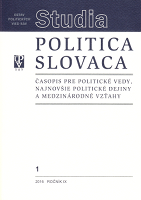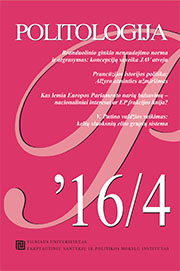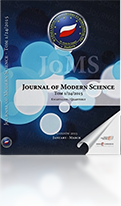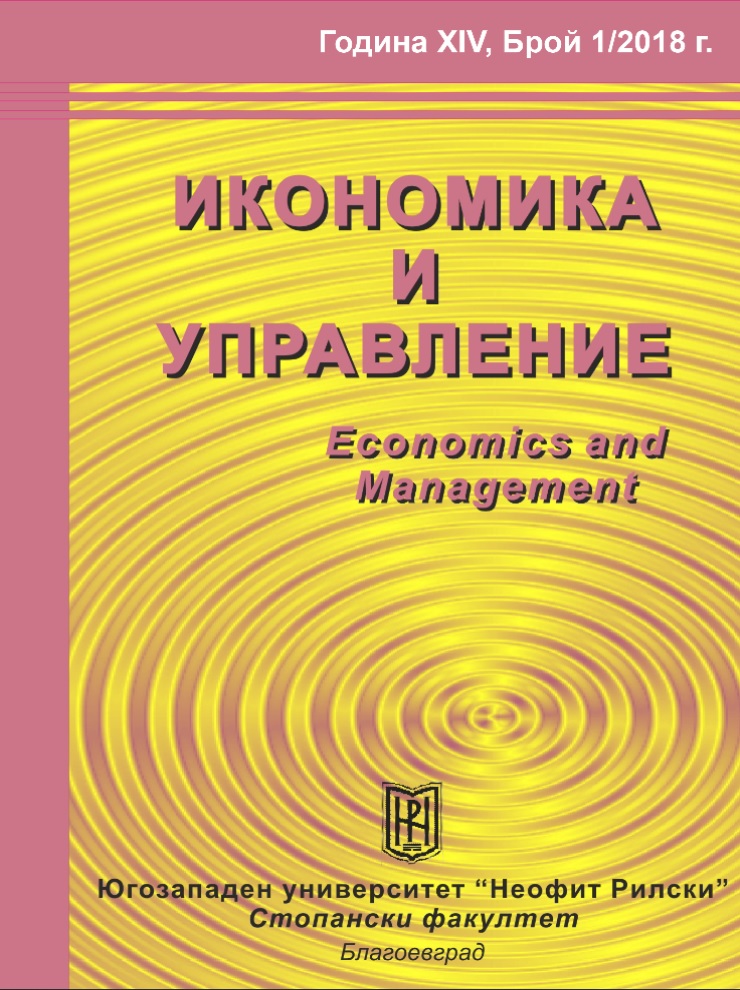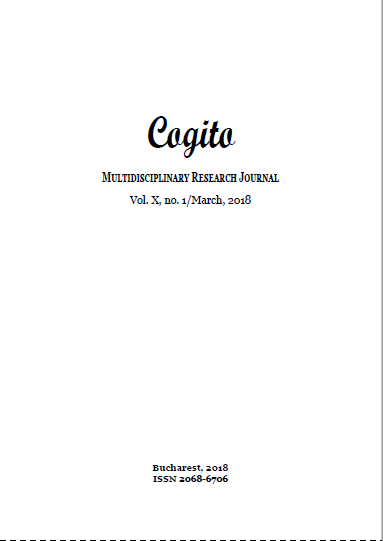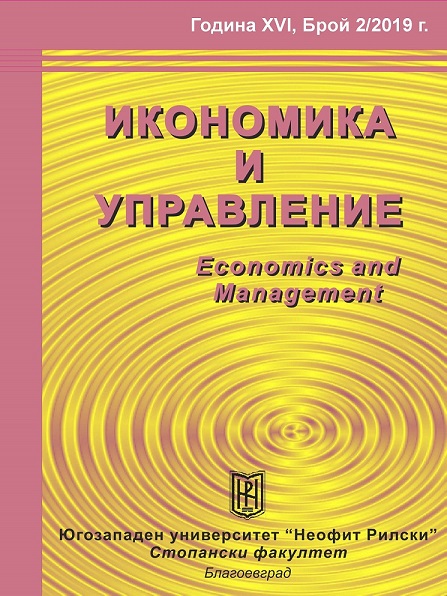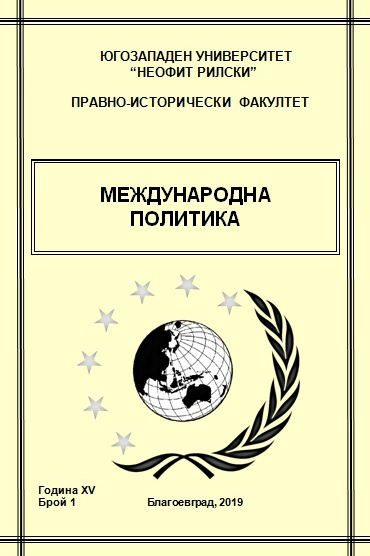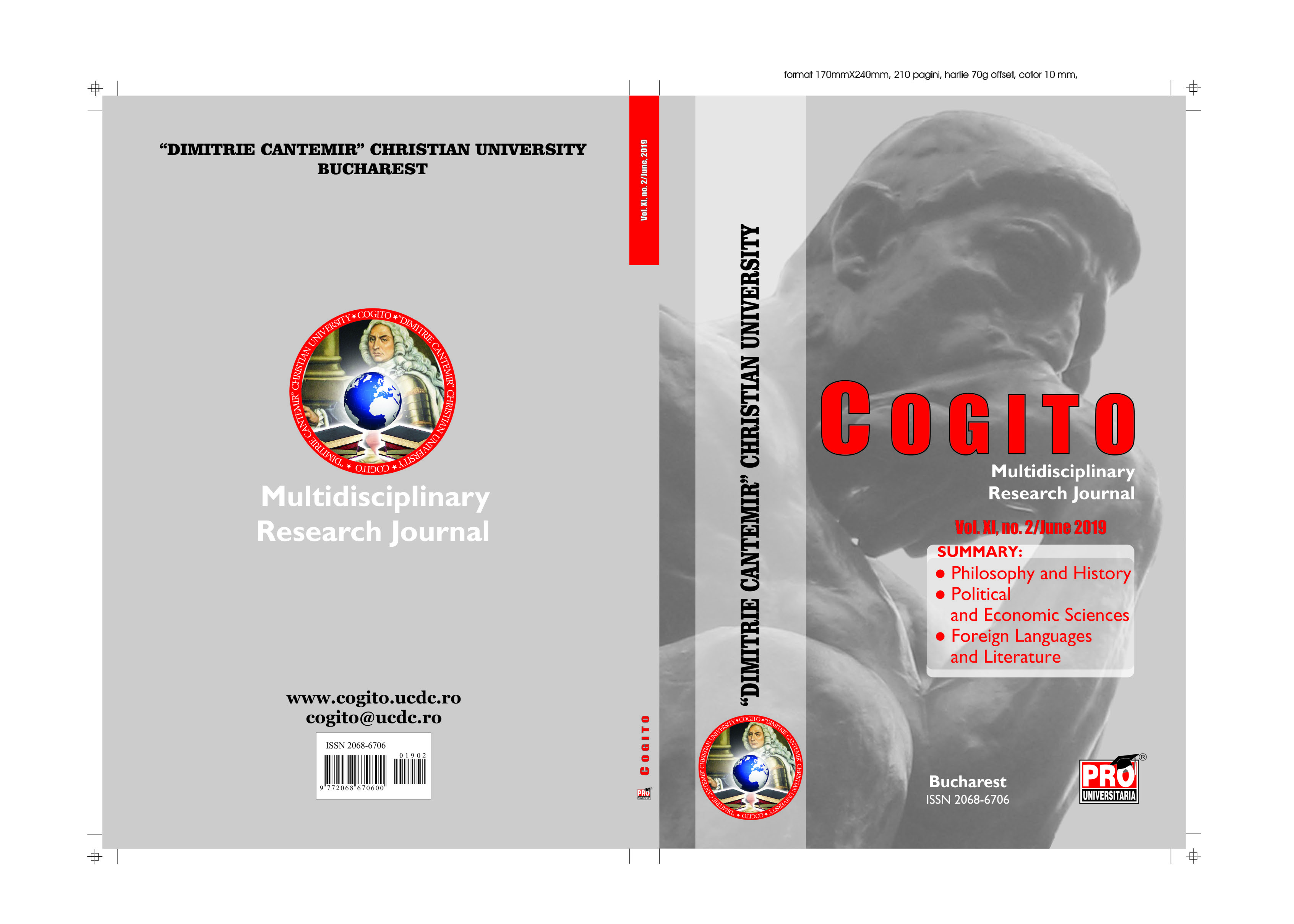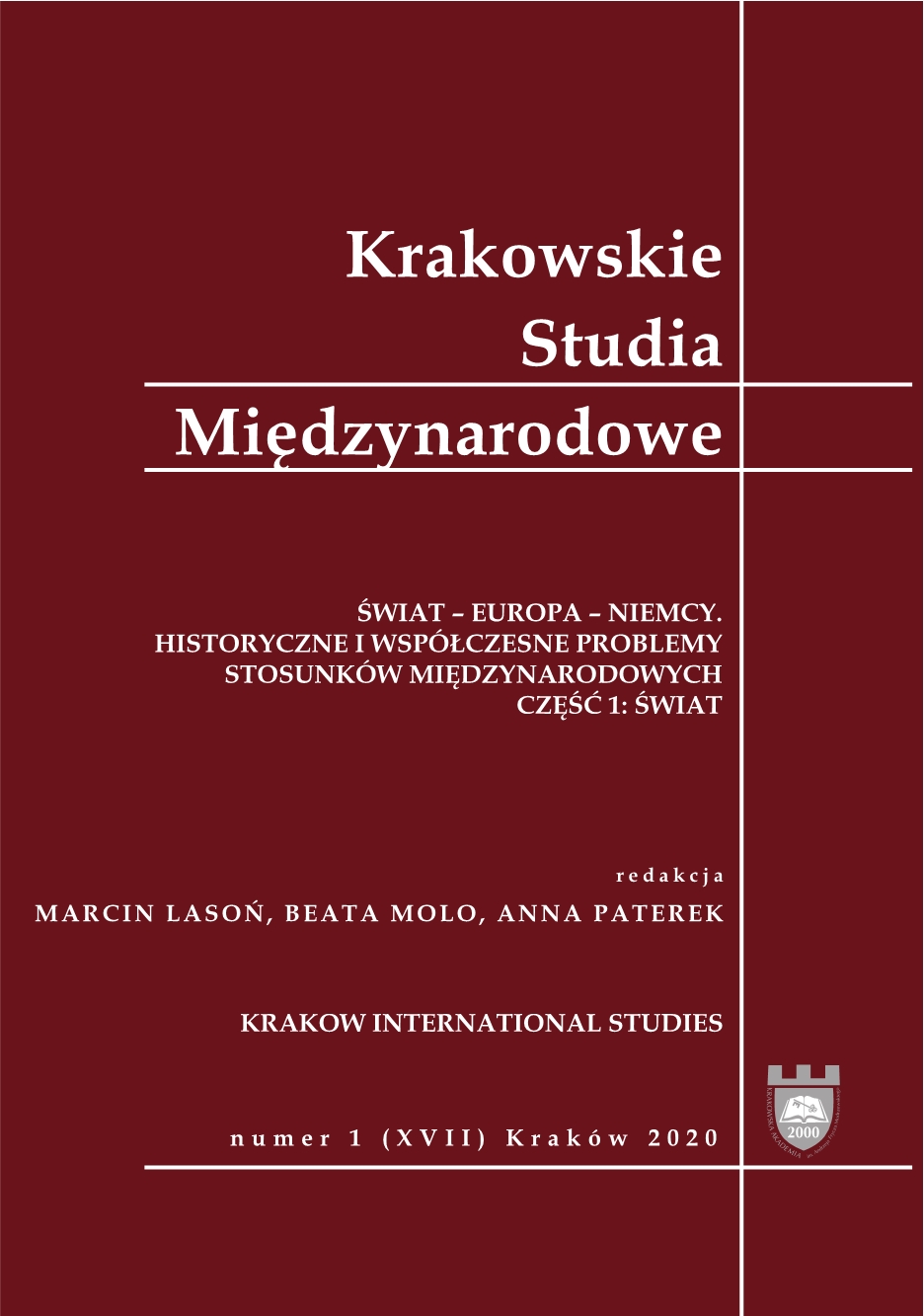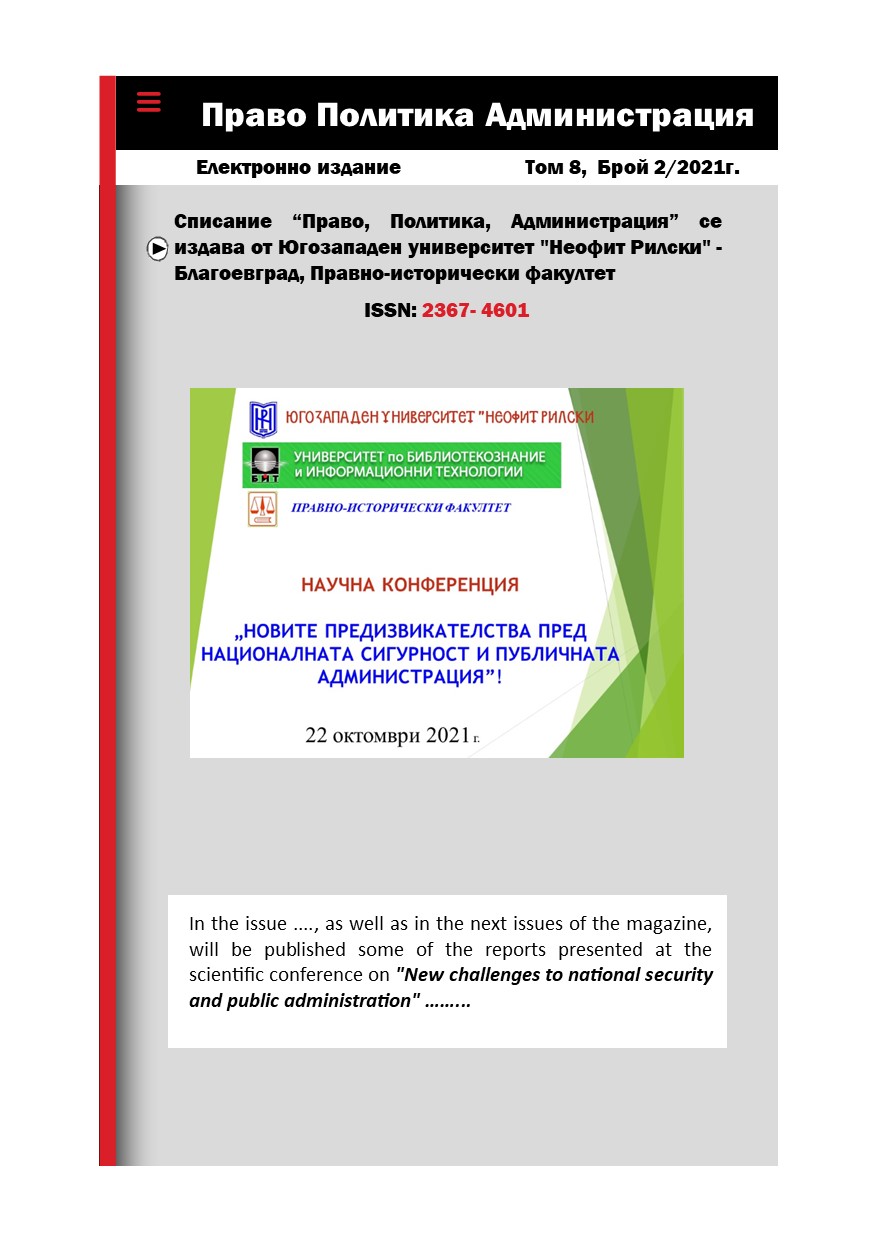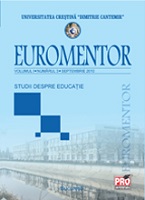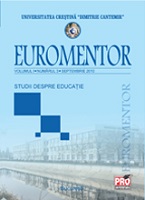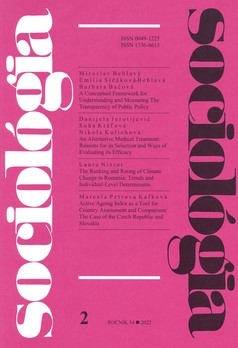Economic and Organisational Wisdom for Asian Century
Economic and Organisational Wisdom for Asian Century
Keywords: Organisation; Resilience; Adoption and Absorption; Ethics
The Asian Century is rich and already 14 years old. Today, Asia is in the middle of a historic transformation which has brought both challenges and opportunities. To meet these challenges, Asian leaders need to devise bold and innovative national policies for pursuing avenues for regional and global cooperation. In the similar way organisation and business in Asia will transform. This transformative whirlpool calls the Asian private sector and public sector organisations for absorption of new wisdom, values and principles in place of 20th century’s management. Overall, the capacity to respond to the changing global economic landscape through flexibility and adaptivness will carry a high premium. This paper delve the issues how Asian Organisations have already been used the wisdom during the global chaos. Deriving from the examples of Asia in the midst of global chaos in many points of time, this present paper attempts to re-focus on organisational wisdom of commitment and ability for Asian organisation, modernization, governance and helping to retool institutions, for enhancing transparency, and finally to develop accountability for organisational resilience and survival.
More...

